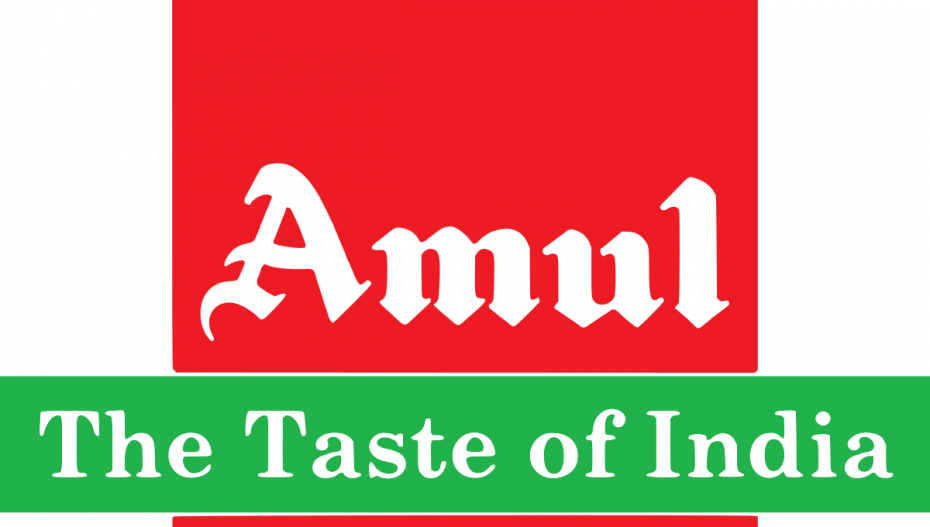Speaking at the Global Dairy Congress recently, Amul managing director RS Sodhi declared that plant based products like almond, soya and cashew milk are a major threat to the traditional milk industry. He then went to say these are “lab-based, artificial, highly processed” products and those who promote them are unethical. Some may say he’s tilting at windmills, since expensive almond milk is unlikely to replace cow and buffalo milk in India anytime soon. Vegans, who have been consistently critical of Amul, will be up in arms at his abrasive remarks.
Fiercely protective of the co-operative sector and the “100 million dairy farmers of India,” Amul has always been a combative organization, right from the days of its founder, the late Verghese Kurien. Through the licensing era, it lobbied to keep private investment out of the dairy sector, until liberalization in the 1990s made such restrictions untenable. Once the dairy sector was opened to competition, Amul actually flourished, diversifying into new products like ice cream, where it is now the market leader. In the course of its battle for supremacy in the ice cream market, it defeated multinational Unilever by forcing it to label its Kwality Walls brand as a ‘frozen dessert’ and not an ice-cream, since it made from vegetable fat, not milk. The ice cream triumph was during the time of the previous managing director BM Vyas. Sodhi, who has spent his full career in Amul, has imbibed the same culture.
Amul has now set up a bakery in Anand, where it produces a range of breads, savouries and biscuits. It entered the biscuit market guns blazing two years ago, with advertisements attacking competing brands like Britannia Good Day. Amul butter cookies have 30% butter, the ads said, while Good Day has only 2%. But this is a battle Amul hasn’t been able to win so far. Britannia biscuits may have less butter, but for some reason, they still taste better than the Amul.
Amul’s competitive advantage today lies in its distribution channel. Today, Amul is a retail brand as much as a product brand. There are more than 10,000 Amul retail outlets and number is growing. In the city of Ahmedabad they seem omnipresent. Most of these outlets are owned by franchisees and demand for the franchise is exploding because Amul now has such a wide product range that volumes are guaranteed, even if margins are low.
Over the years, Amul has created a pan-India cold chain for its dairy products and now it is leveraging it for a whole new range of frozen foods like hash browns, French fries and aloo tikki, all made by Gujarat’s co-operatives. Amul’s refurbished chocolate plant in Anand has expanded into spreads and syrups, competing with Hershey. Its latest product is a range of seltzers, under the Tru brand name, competes with Pepsi and Coca-Cola. Even as it takes on multinationals in the high end of the market, Amul has started competing with the local mithaiwala. Sodhi is counting on big volume sales for the Amul range of mithai, which includes ras malai, laddoo and kaju katri.
Despite all these efforts however, the share of value-added products in Amul portfolio is still low. Most of Amul’s Rs 29,248 crore sales still comes from liquid milk. There is not enough demand for the likes of cheese and sour cream in India. Amul is a behemoth, but it cannot single handedly change Indian consumption habits. In this, it could do with some help from international players who have invented innovative products. Kellog’s has managed to grow the corn flake market in India in a way that has benefited milk producers and fostered a new league of Indian breakfast food companies. Amul can time
and again demonstrated it can hold its own against competition, so opening the market to imported dairy products would benefit it in the long run.
Meanwhile, Gujarat’s dairy farmers are producing milk in abundance, more than Indian consumers can consume. Faced with this problem of plenty, Amul has been converting the milk to powder and exporting it at a loss. That means Amul’s costs are much higher than global producers. If Amul was an ordinary corporate, the loss would be borne by its shareholders, the dairy farmers. But Amul is a cooperative. So the Gujarat government recently stepped in and made good the loss through a subsidy, thereby shifting the burden from the farmer to the taxpayer.














Economics and the fight for existence and survival, behind the milk cooperative Amul??